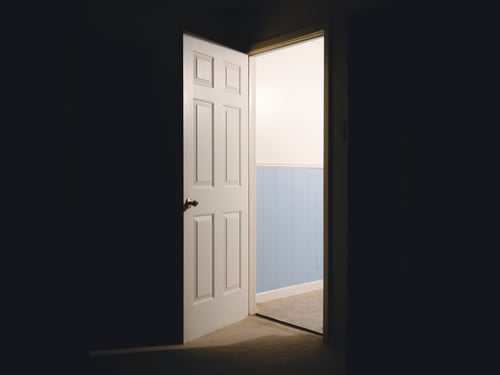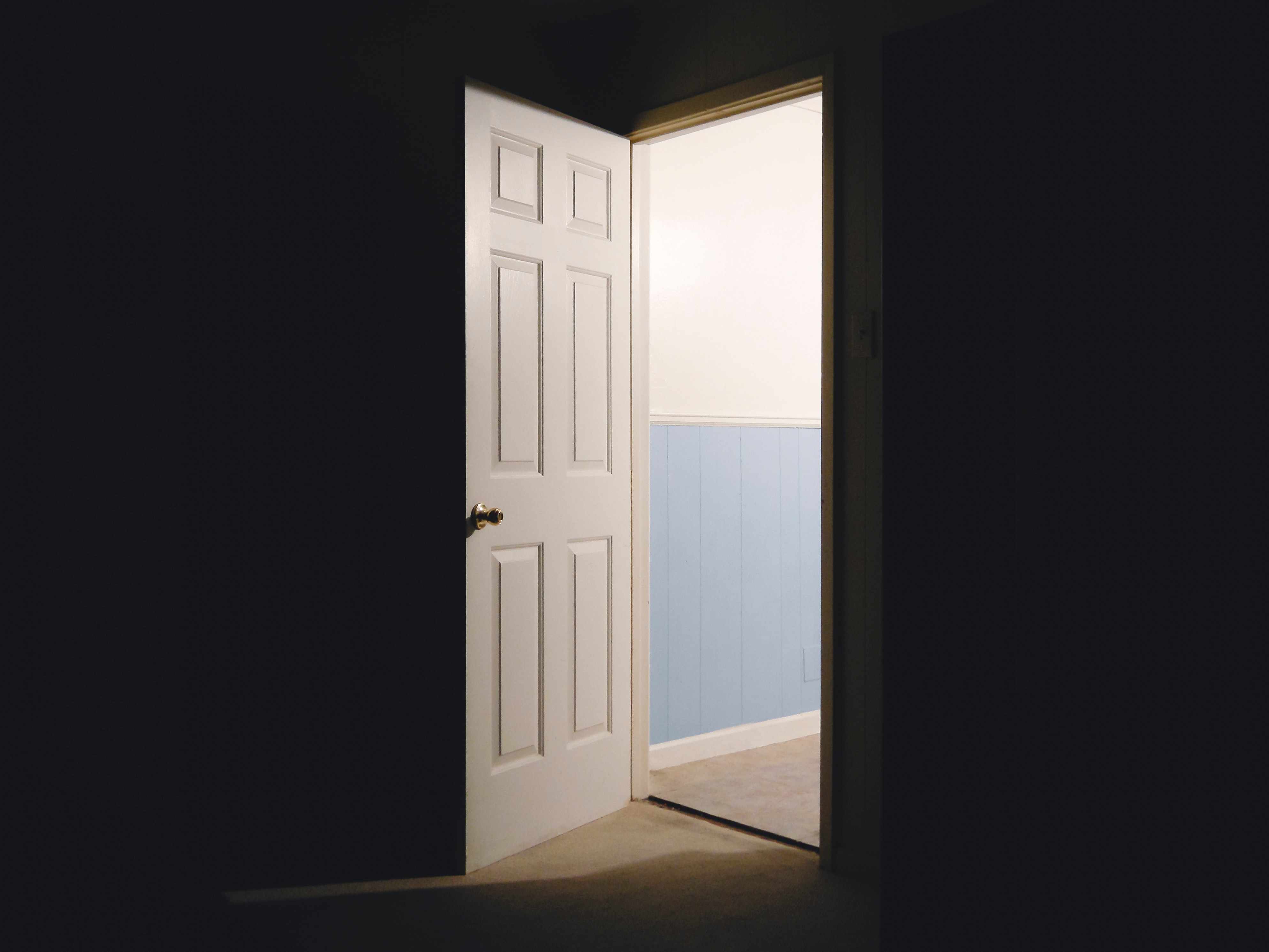Conflict Resolution Is Key to the Change We Are Seeking out of COVID-19

“Normal is over” — we hear it everywhere we turn. The proposition makes us feel scared and determined, worried and hopeful, exhausted and excited, sick and healed. Or all of these at once. We resist the proposition, but deep down we know it to be true. Our world is different in the midst of the pandemic and there will be a new one on its other side.
We have a lot to grieve for. And we should. But as we do, and as we gradually distance ourselves from our daily distress and cast a wider glance at the world, we should remember that the “normal” we left behind was not all roses. “Normal” was dependent on the collapse of ecosystems. “Normal” was racist, patriarchal, hierarchical, and built on extreme inequity. The “normal” we lost was violent and unsustainable.
Of course, we would have liked to have disrupted that “normal” in a planned and orderly way, through reform as opposed to a pandemic, through progressive vision as opposed to global panic and death. But we did not disrupt the “normal.” The virus did. We cannot change the past. But we can help shape the future.
As an Assistant Professor at the University of San Diego’s Joan B. Kroc School of Peace Studies and the Head of the MS in Conflict Management and Resolution program, I see clearly that the peace and conflict field is uniquely qualified to lead the charge in creating a vision for a more sustainable and just world, a more equitable and fulfilling workplace. At the Kroc School, faculty, students, and alumni are treating this crisis as an opportunity to bring that vision to life, starting right now.
As the world finds itself at the crossroads between descending into further despair or redefining itself as a socially just place, we, at the Kroc School and the field at large, are redefining conflict resolution methods to adapt to the emerging challenges.
Students at the Kroc School are contributing to these adaptations. In my spring Mediation course I shared four mediation models with my students and then asked them to design their own with modifications for current conditions. Students worked in small groups applying theory to what is happening on the ground right now and presented back to the class their multi-day virtual mediation designs, including roleplay and live simulations.
While the Mediation exercises have been traditionally focused on interpersonal and international systems level conflicts, our recent adaptations focus on the workplaces as they also will irreversibly change as a result of the pandemic. Societies will have to renegotiate the relationships within and between teams and organizations, between subordinates and supervisors, and build new cultures. Not surprisingly, the conflict resolution field is well-positioned to lead such an effort.
The skills and methods one acquires in the Kroc School’s MS in Conflict Management and Resolution program help our graduates to become leaders in any organization. They enter the workplace equipped with the ability to constructively manage a wide range of conflicts; to establish policies and procedures that value the input of each employee, helping them achieve self-actualization and uplifting the organization; to renegotiate power relations and create a culture of collaboration; and to shape institutions that are less hierarchical, more effective, and that thrive on creativity and adaptation.
At the Kroc School, our teaching is customized to the students with whom we work and proactively adjusts to meet the demands of the changing world. As we alter our classrooms and pedagogies to the circumstances of the moment, our students are learning, adapting and rapidly applying the skills to design, develop and implement appropriate interventions to create meaningful, lasting impact. Uniquely, we in this field dive into crisis and conflict, and are therefore able to face it confidently when others are dazed because we know how it can become an asset for productivity, collaboration, and organizational change.
Join us as we re-make the world together.
__
Philip Gamaghelyan
Assistant Professor and Head of MS in Conflict Management and Resolution Program
Kroc School of Peace Studies, University of San Diego
__
At the Kroc School, we are educating for peace and social innovation. Ready to join us? Learn more about the Kroc School and its graduate programs.
Contact:
Justin Prugh
jprugh@sandiego.edu
(619) 260-7573

About the Author
The Joan B. Kroc School of Peace Studies (Kroc School) at the University of San Diego is the global hub for peacebuilding and social innovation. Founded in 2007, the Kroc School equips the next generation of innovative changemakers to shape more peaceful and just societies. We offer master's degrees in peace and justice, social innovation, humanitarian action, conflict management and resolution, and a dual degree in peace and law — programs that have attracted diverse and dynamic students from more than 50 countries. In addition to our graduate programs, the Kroc School is home to the Kroc Institute for Peace and Justice (Kroc IPJ). Founded in 2001, the Institute supports positive change beyond the classroom. Through groundbreaking research, experiential learning, and forward-thinking programs, the Kroc School and Kroc IPJ are shaping a future in which peaceful co-existence is the new normal.






